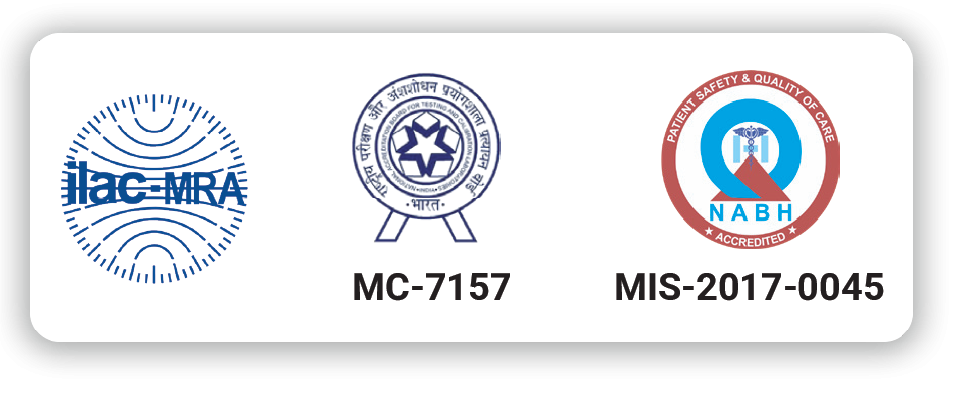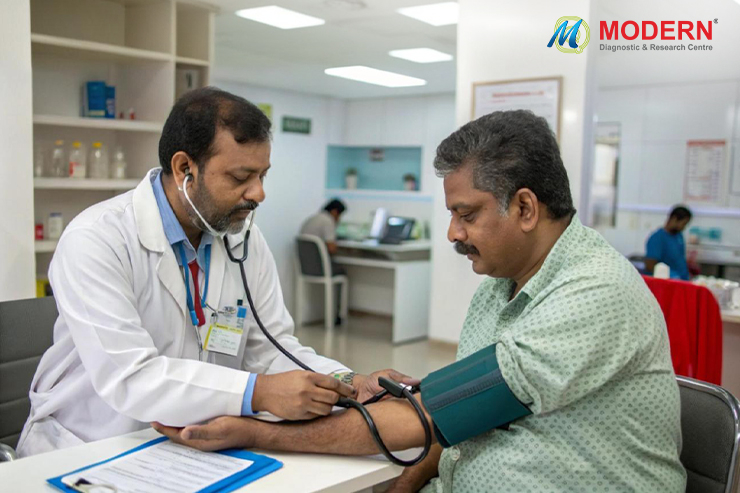Some Common Tests That Are Determined in the Laboratory
When you visit your doctor for a checkup, it is very possible that he/she will ask you to go through a diagnostic test. In the medical world, there are many common lab services that are done to find out if you are in the best of health or not. Also, lab tests post-surgery will help you with the monitoring of your progress back to health. Here are some of the common tests that a laboratory can determine and conduct;
- Amylase Test: If the doctor suspects that you have a pancreatic disorder, then an amylase test will be conducted. The pancreas in the body produces amylase along with the salivary glands in the body. If the pancreas is swollen, inflamed, or is beset by a disease then excess amylase is sent out into the blood. The amylase test will detect the presence of amylase in the blood and help to determine if something is wrong with the pancreas. Laboratory services in Gurgaon can perform this test efficiently and accurately.
- Basic Metabolic Panel (BMP): This is a test that is conducted when the doctor suspects that his patient has a possibility for diabetes or kidney disease. IN order to conduct the test successfully, you will need to fast for 10-12 hours and then a succession of 7-8 tests will be performed.
- Flu Test: For this test, swab samples are taken from your throat, upper pharynx, and nose. It assists doctors in determining if your flu-like symptoms are a result of influenza A, B, or any other type of bacteria.
- Human Chorionic Gonadotrophin: If you are a woman and suspect that you are pregnant, this test will be performed. The test is also done to monitor the pregnancy period of a woman and also check if there are any symptoms that one should be concerned about. This laboratory test is done with a sample of the woman’s urine.
- Pap Smear: If you are a woman and have just turned 18, it is advisable for you to take this test once every year. This test determines if there are any infections in your uterus or your vagina. This test can also determine if you have cervical cancer or not. For this lab test, a few cells from the cervix are taken.
- Cholesterol Measurements: Cholesterol happens to be a wax-like substance that can be found all over the body. All the cholesterol that you need is produced in the liver. Cholesterol screening will happen with a blood test. If the test shows that you have high cholesterol, it puts you at risk of cardiovascular diseases. However, you can still have heart disease even when your cholesterol levels are normal.
- Fecal Occult Test: This test involves microscopic analysis or other chemical tests for the presence of hemoglobin in the stool of the patient. If there is blood in the stool, it could indicate that they have colorectal cancer. This laboratory test calls for 3 samples of the stool that are then put under the microscope and examined. Don’t panic, blood in the stool can be due to other factors as well like food or medications, gastrointestinal bleeding, or even hemorrhoids.
- Prostate-Specific Antigen (PSA): This is a laboratory test that takes a measure of the Prostate-specific antigen levels in the blood. Antigens are substances that call for responses from the immune system of the person. The PSA levels can be elevated if the patient has prostate cancer. Or, if the prostate is swelled up due to noncancerous reasons, the condition is called benign prostatic hyperplasia.
- Urinalysis: If your doctor recommends Urinalysis, it could be that he suspects UTIs, metabolic, or kidney disorders. For this test, the lab technician will collect a sample of your urine which will be analyzed in the laboratory, and the result sent to your doctor. The test will show the acidity of the urine, urine concentration, the number of red blood cells and white blood cells per unit of urine, crystals, and bacteria along with the measure of protein and sugar in the urine.
- Lipid Profile: Lipid profile tests are employed to check your risk of heart disease. It includes measurement of triglycerides, cholesterol, LDL cholesterol, and HDL cholesterol. To ensure the correctness of the test, refrain from eating anything 10-12 hours before the test.
- Thyroid Profile: This is a fairly common test. The thyroid is a gland at the front of your neck, below Adam's apple and it secretes a hormone that has an important role to play in the regulation of the metabolism of your body. The Thyroid Profile test will measure the levels of different hormones in your bloodstream in relation to your thyroid gland.
- Complete Blood Count: A complete blood count is often performed as a routine procedure and it helps to put a check on the blood loss, diagnose various infections, and also check if the blood is responding in relation to treatment through radiation or through medications.
These are but a few of the many tests that a laboratory runs in the course of a normal day. One thing to remember is that there is no need for panic if you are asked to undertake any of the above tests for laboratory services in Gurgaon. Results and findings post-test are open to interpretation by your doctor and there are many benign conditions that can raise a false red flag. Your doctor is the best judge of the test results.
Book an online appointment for some of the common clinical pathology tests at MDRC India, one of the best laboratory services providers in Gurgaon.

















